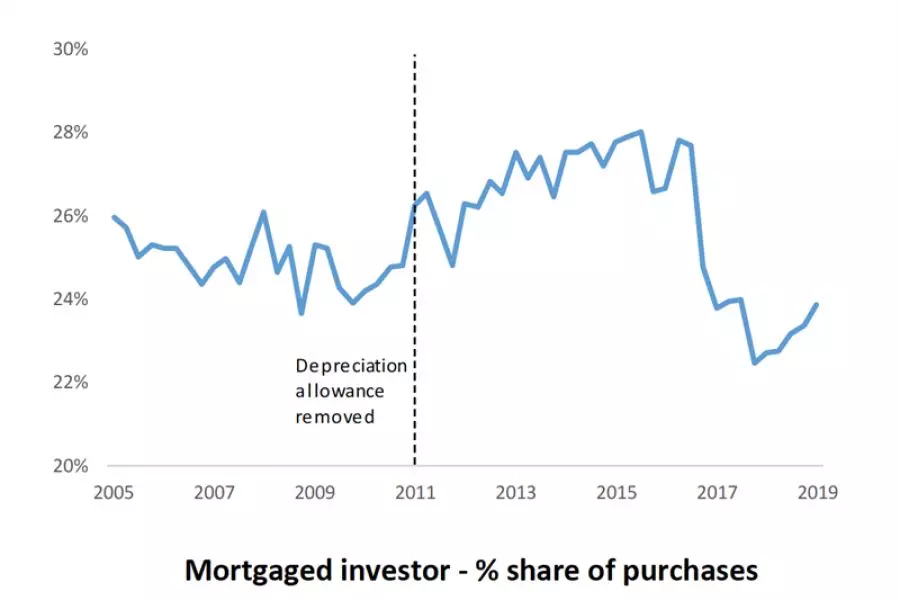
News
COMMENT: Ring-fencing impact likely to be limited

Monday 13th of May 2019
From April 1st the tax ring-fence for rental property losses needs to be accounted for by investors. It is currently going through the ‘bill to law’ process, which starts with a Select Committee and then ends up before Parliament for the final stage.
In other words, although it’s not law just yet, it looks pretty likely to pass and once approved will apply to the curre...
Want to read the full article?
Click the button below to subscribe and will have unlimited access to full article and all other articles on the site.
5 min read



![[OPINION] Recessionary times](https://goodreturns.publit.io/file/c_fill,w_900,h_600/87ae0bf5-bdab-4cc2-bb45-9524f4030652.webp)
![[OPINION] How to make 20% from commercial property](https://goodreturns.publit.io/file/c_fill,w_900,h_600/7ac659fb-b908-4521-bcfa-1068d359b61e.webp)
![[The Wrap] Bye Bye Bayly](https://goodreturns.publit.io/file/c_fill,w_900,h_600/39f23ac1-f7c7-4854-b700-a150004ebbac.webp)


